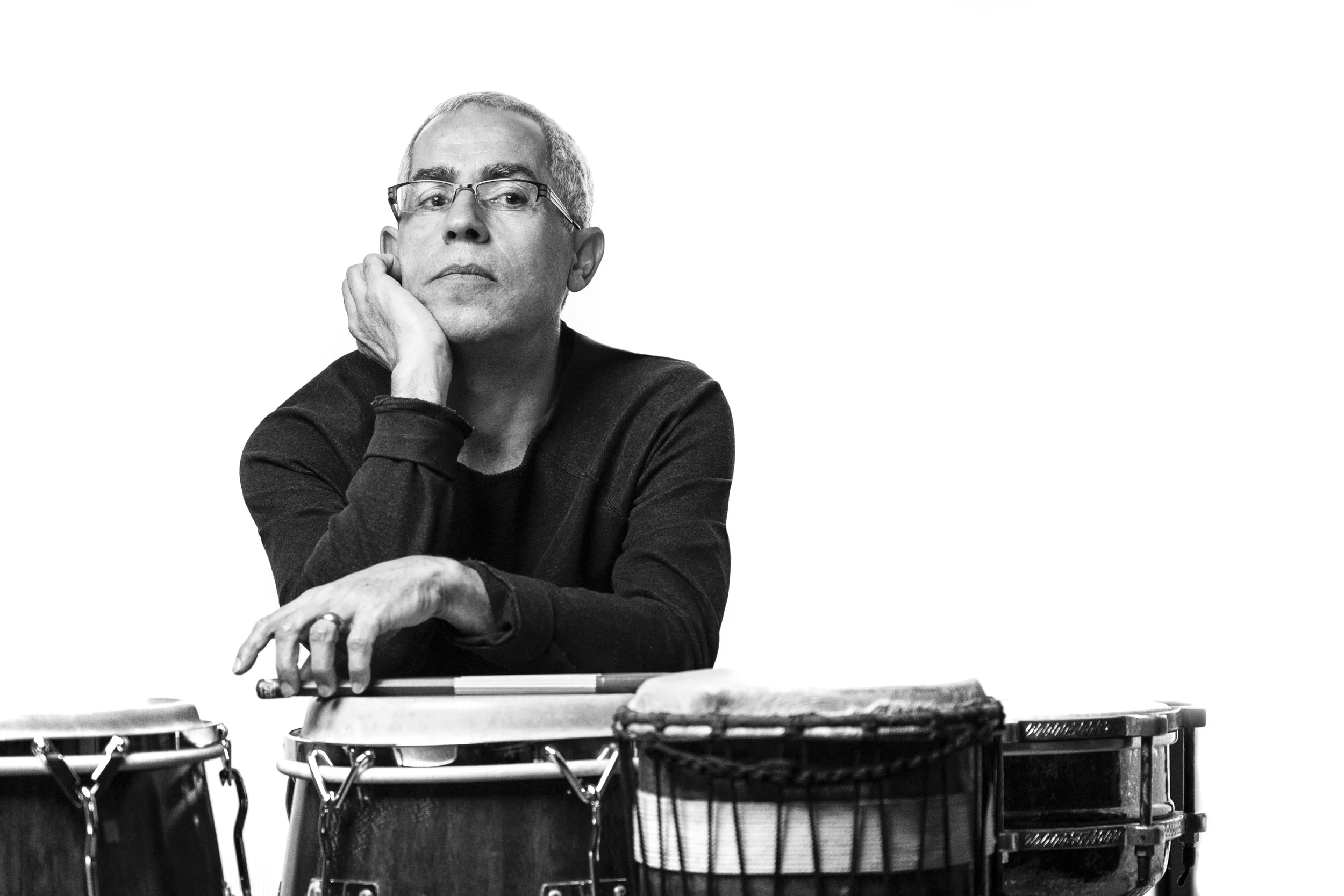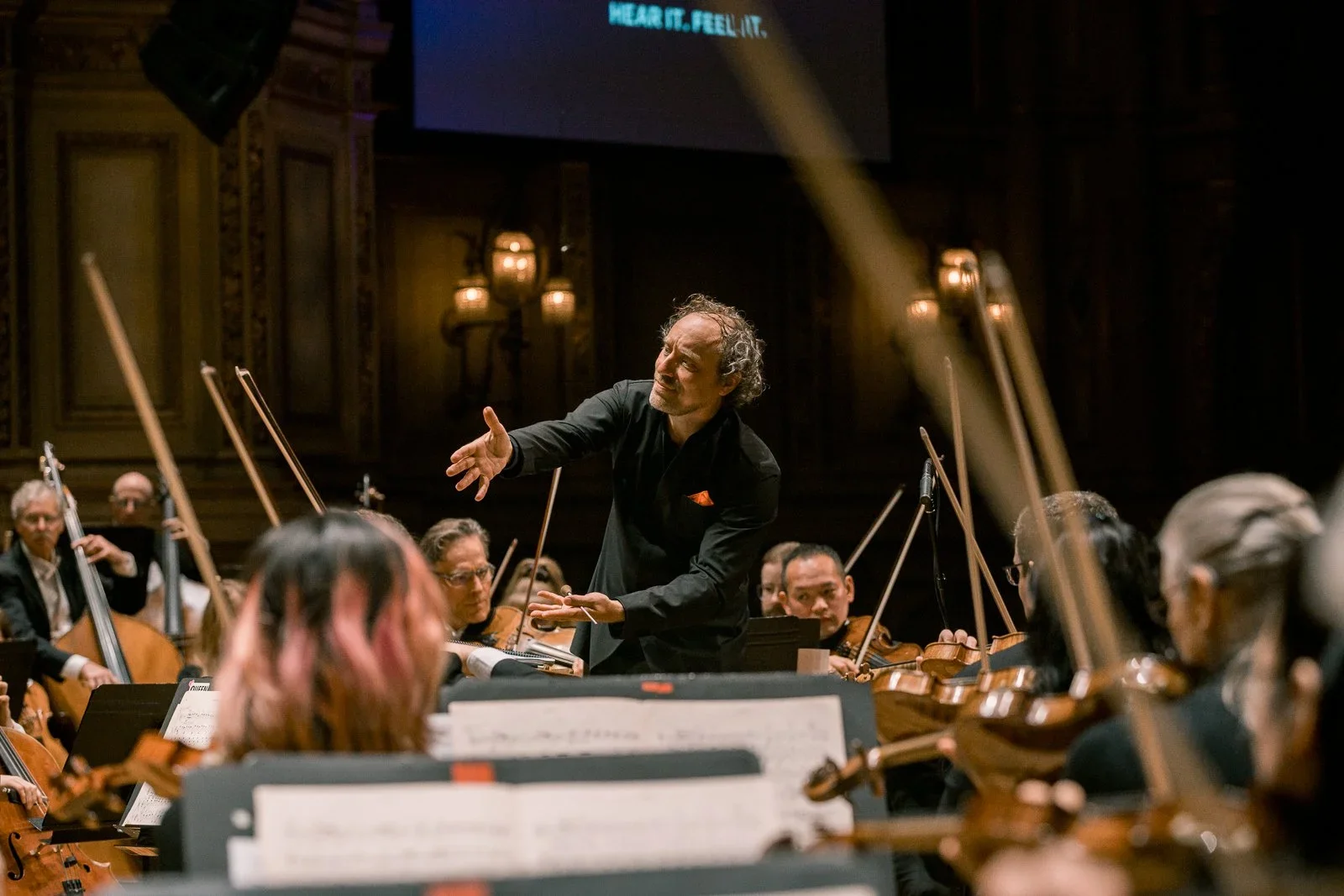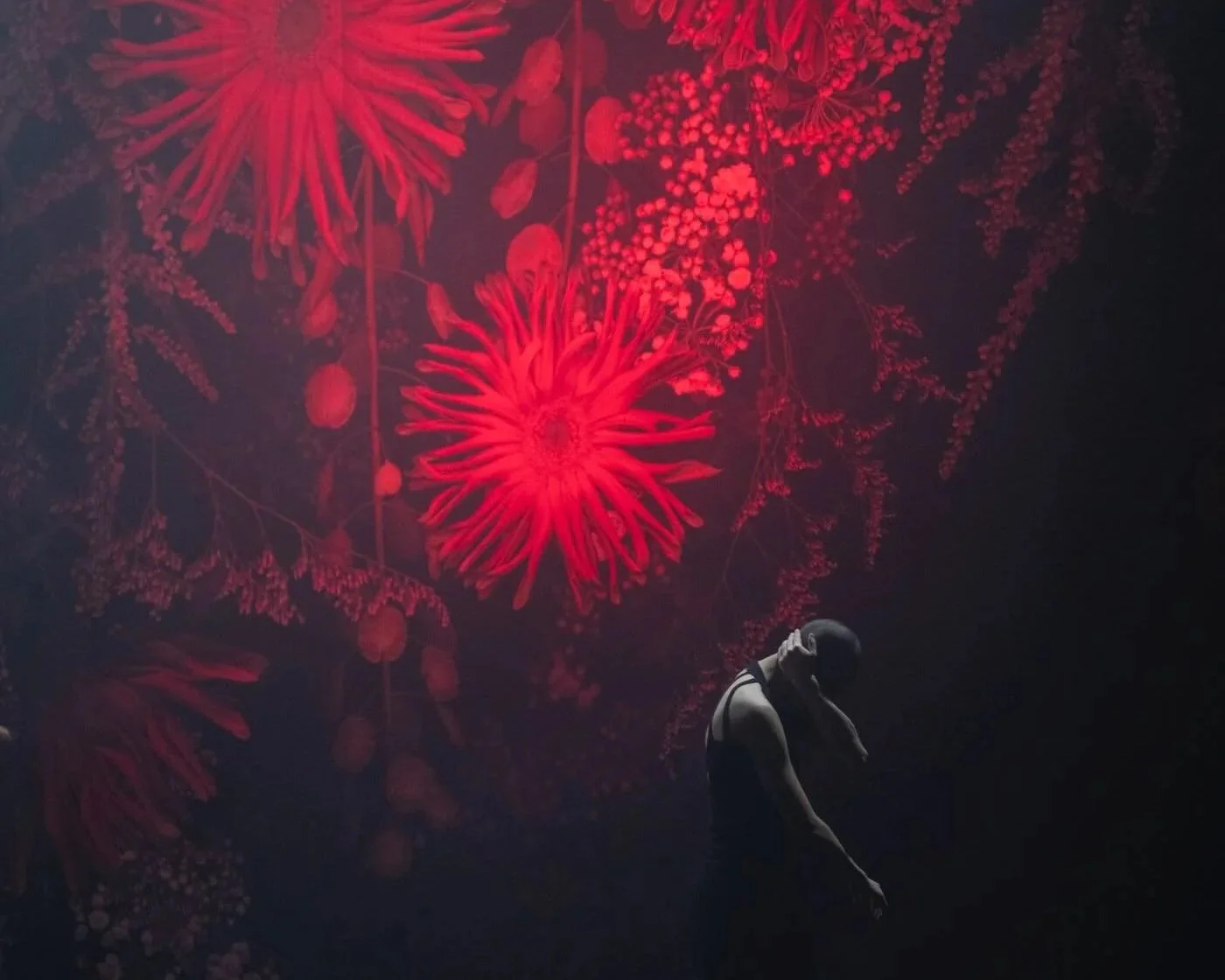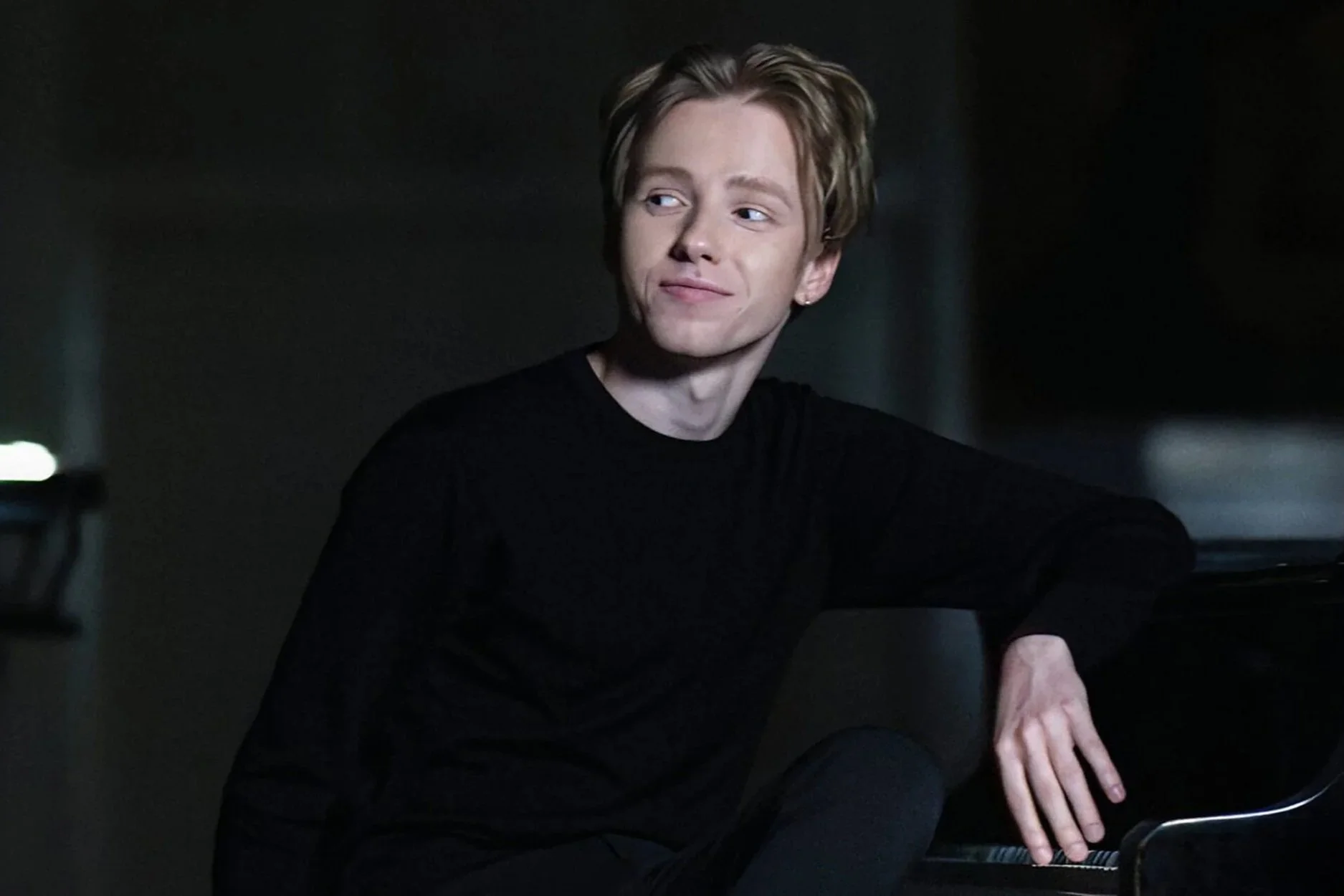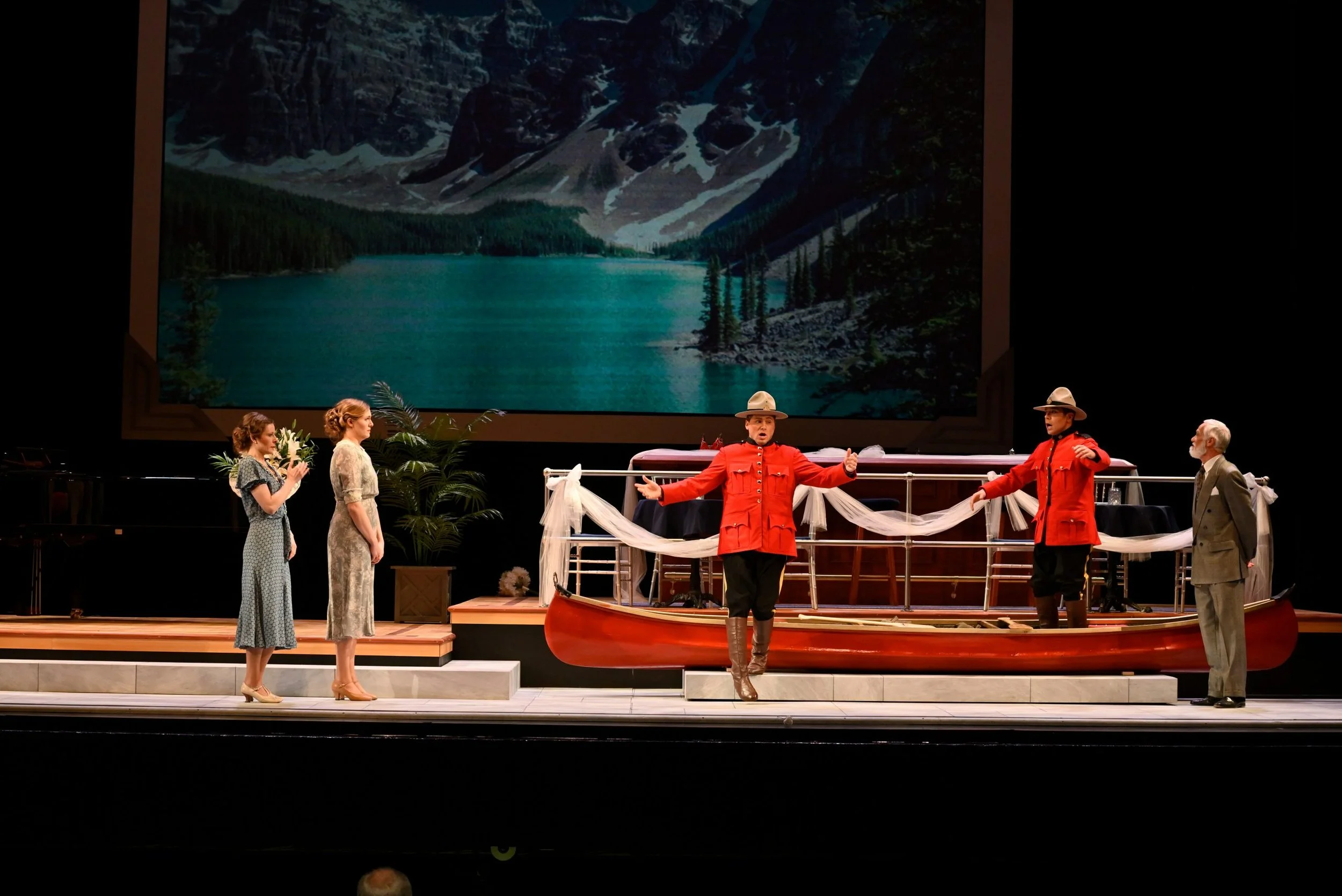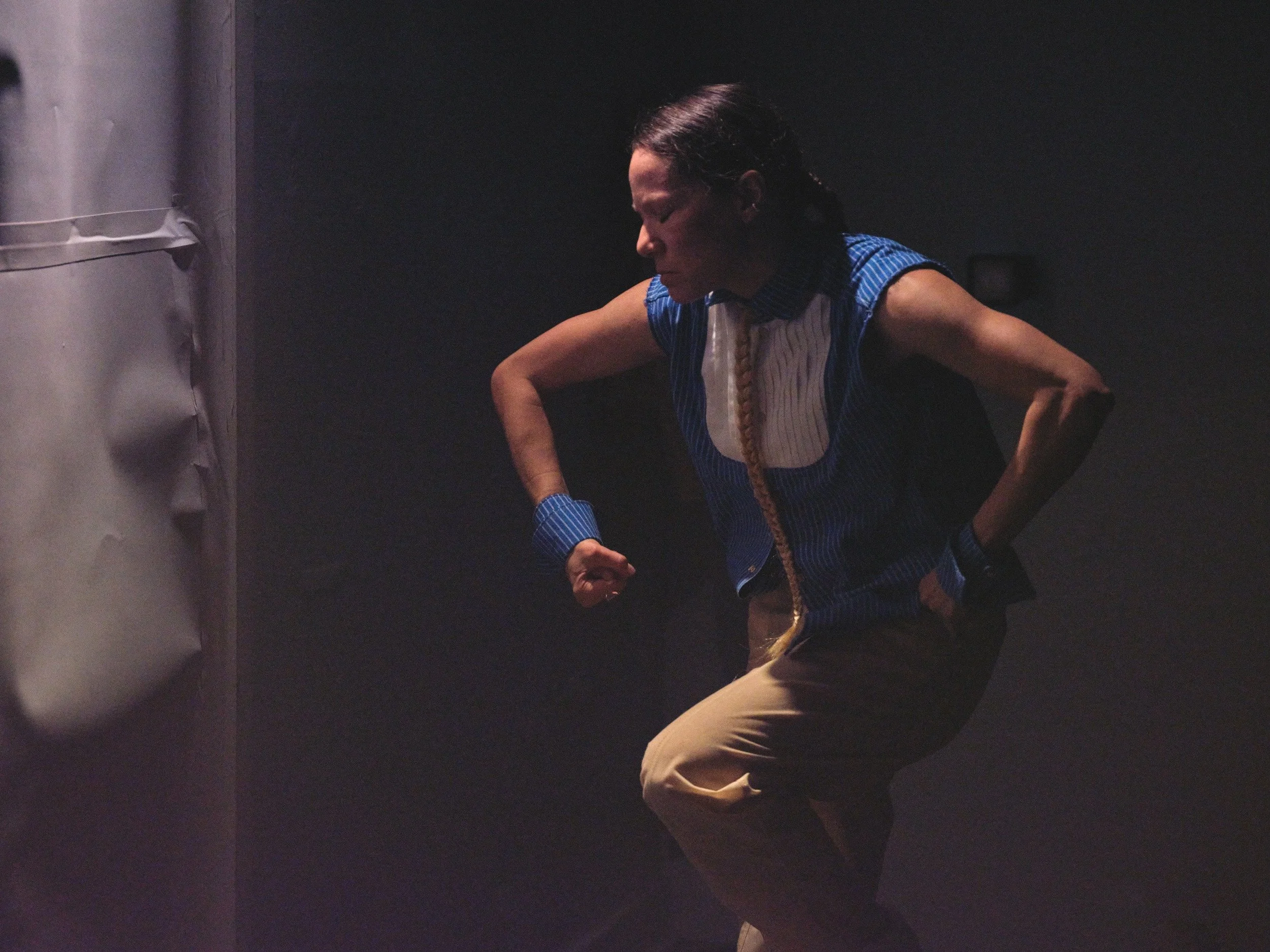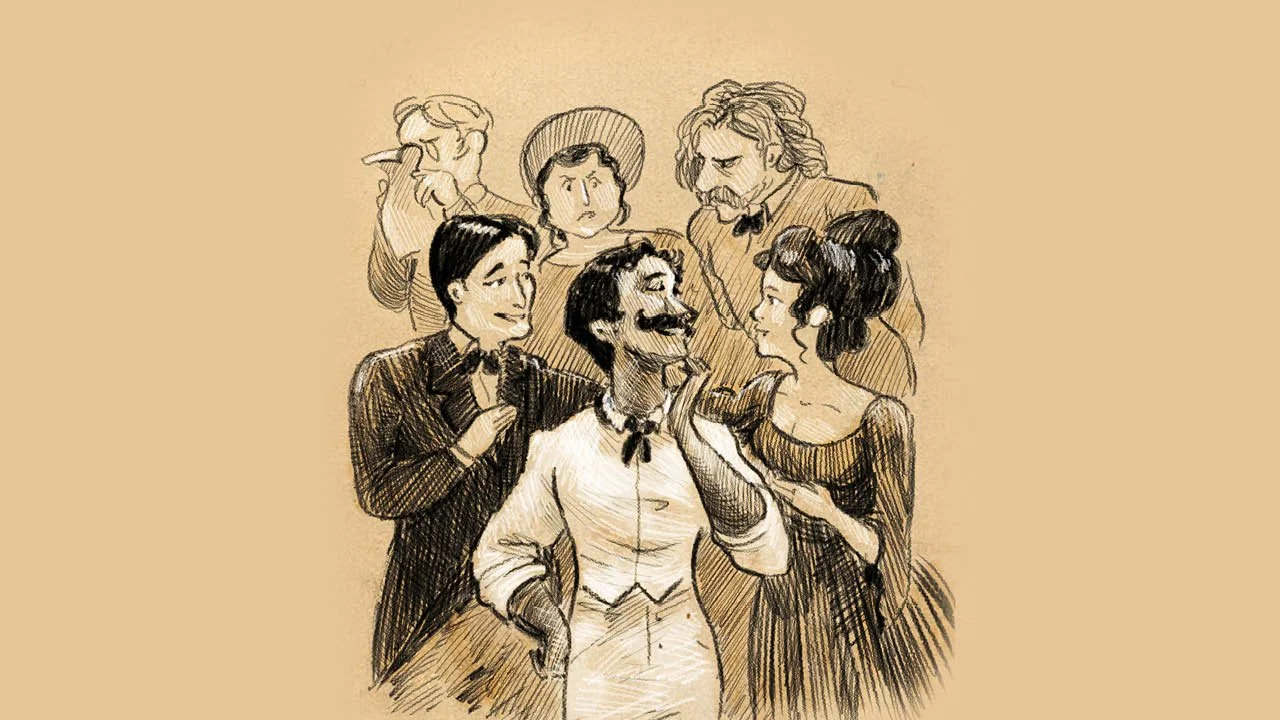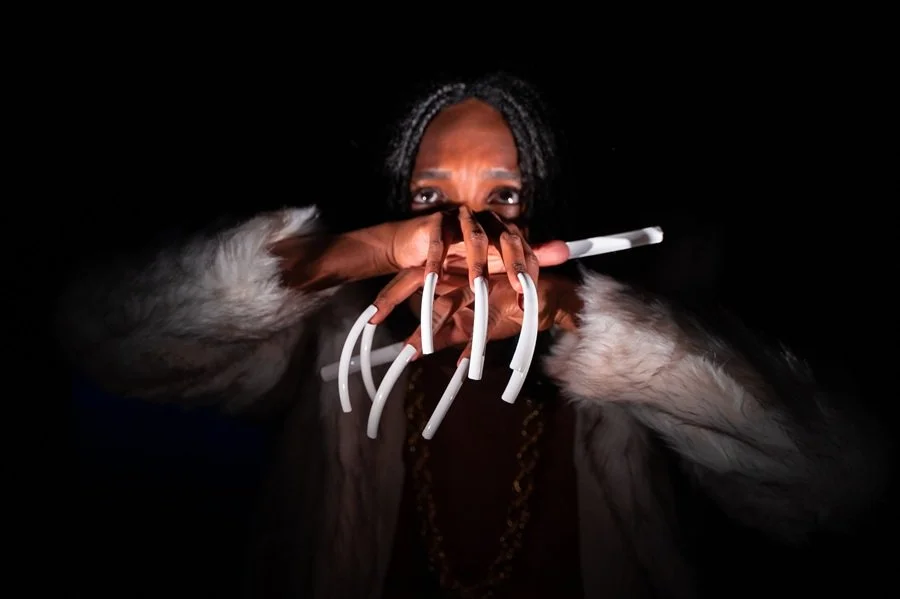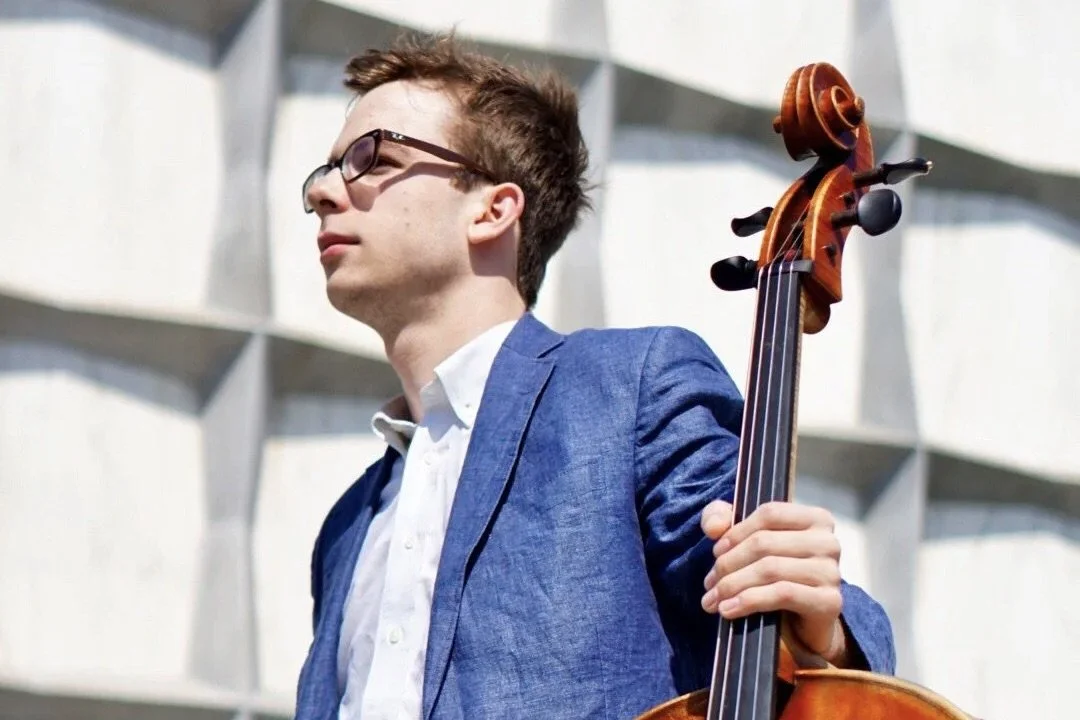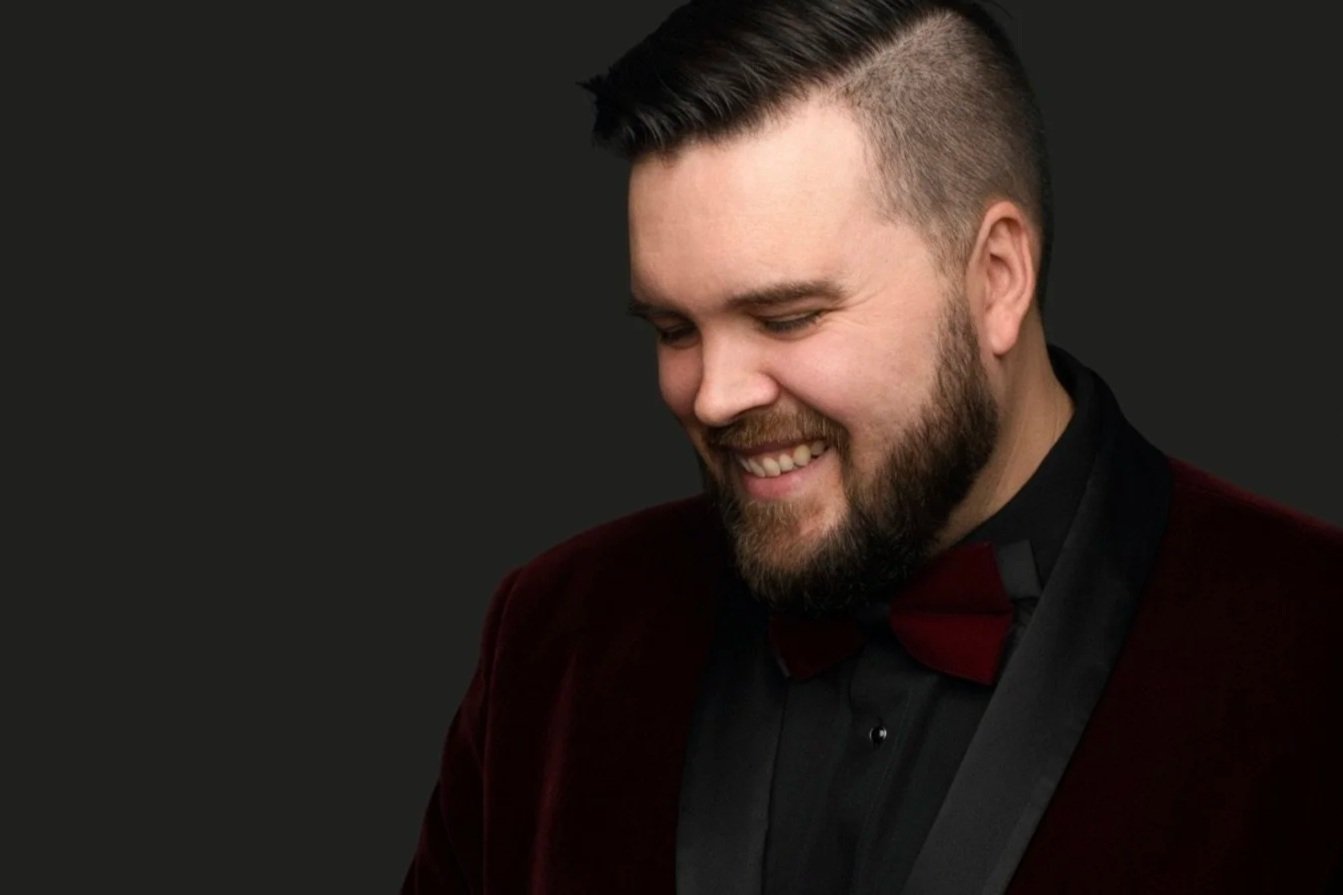Sal Ferreras’s Puerto Rico: Roots and Rhythms is a musical journey through the artist's homeland
With a plena dancer, concert brings Vancouver Latin American Cultural Centre’s Latin Expressions festival to a celebratory close
Sal Ferreras.
Vancouver Latin American Cultural Centre presents Sal Ferreras’s Puerto Rico: Roots and Rhythms on November 4 and 5 from 8 to 9:30 pm at the Vancouver Playhouse
PUERTO RICAN-BORN percussionist Sal Ferreras—a BC Entertainment Hall of inductee—has, during his four decades on the West Coast, collaborated in a vast range of musical genres, from classical and jazz to folk and Indigenous music. He has toured across Canada and parts of Europe, Asia, and Australia. With the Vancouver Latin American Cultural Centre, Ferreras has mounted several shows over the last decade, including productions focusing on Brazilian and Cuban music. Now, for the first time, he is leading a concert dedicated to the music of his birthplace.
Sal Ferreras’s Puerto Rico: Roots and Rhythms is the grand finale of Latin Expressions, VLACC’s celebration of Latin American Heritage Month. With a 10-piece band as well as vocalists and a dancer, it’s one of the musical producer’s most ambitious performances to date—and one he’s especially excited about.
“The show coincides with the Vancouver Latin American Cultural Centre’s 10th anniversary, and it’s also my 40th year in Canada, so it seemed like the right time to reflect on that musically,” Ferreras tells Stir in a phone interview. “Yes, I’m from Puerto Rico, but I’m really from Vancouver, because everything I’ve done in my career has been because people in Vancouver supported it, musicians in Vancouver collaborated with me and presented me, and friends believed in what I was doing, no matter how insane it seemed to them at the time. This is a chance for me to give back.
“It’s a fantastic life here culturally, because in Vancouver I’ve been able to play and explore with people from all over the world,” he adds. “I feel very proud that I can share stuff that I know both at an intimate level—I grew up with it—and from an intellectual and a cultural-developed perspective. The one thing that you can do with music—in fact, all you can do with it—is share it. When you share it, its meaning becomes that much more intense.”
Ferreras is a passionate music educator (having taught at UVic, UBC, and SFU and held roles of provost and vice president academic at Kwantlen Polytechnic University) with a PhD in the folkloric music of Puerto Rico. A former member of Vancouver Symphony Orchestra, Victoria Symphony Orchestra, and Viveza and the World Drums Percussion Orchestra, he has performed on award-winning recordings with the likes of Chicago, k.d.lang, Robbie Robertson, and Raffi.
His approach to the upcoming concert is to share the diversity of Puerto Rican music, with its roots in the Caribbean, influences from Europe and Africa, Indigenous elements, and role in the evolution of salsa. “Some of the pieces in the show are late-19th-century type of salon music in the Caribbean that had a lot of French influences,” Ferreras says. “There’s music from the countryside of Puerto Rico, styles that emerged before mass transportation. Those people were isolated, and those particular styles are very unique and reflective of their immediate environment. Another thing we’re featuring in the show are the two main musics by which Puerto Rico is known in Latin America: plena and bomba, which reflect Afro traditions.”
Plena is often referred to as “el periodico cantado” (“the sung newspaper”). Ferreras notes: “In a sense, the composers were playing a journalistic role; they wrote about what they saw. The songs were about what was happening or are commentary on what was happening.”
Sal Ferreras’s Puerto Rico: Roots and Rhythms will also feature a plena dancer, giving local audiences a rare chance to experience the genre. Five of the musicians are percussionists, and others will play percussion at one point or another during the show. “We’ll start from a very simple rhythm formula and then build into a big jam session in what will be a discharging of the energy in a percussion setting,” Ferreras says.
With some of the songs, Ferreras will teach the chorus to audiences, who will be invited to sing along. “If you’re going to a show of danceable Latin music in a hall that doesn’t have a dance floor, how about singing?”
VLACC artistic director Lili Vieira de Carvalho says that having Sal Ferreras bring Latin Expressions to a close fits with the centre’s overarching goal to provide programming that’s not only highly entertaining but also educational. “Sal is a thinker, a sounding board; he is our elder,” Vieira de Carvalho tells Stir. “We always strive to add a deeper understanding of Latin American arts and culture, and he’s the best person to do that. He’s an amazing multi-instrumentalist but he’s also an educator, and he will take us on a journey through Puerto Rico.”
On that trip, Ferreras promises fun: “That’s priority number one for me,” he says. “In putting together a show, no matter what musical style, I always ask: What is it about the sounds of certain instruments or the combinations of certain chords that moves people? If it moves me, I know it moves other people—maybe in different degrees, but I still feel a connection to something that is spiritual, that is beyond anything tangible.
“When I am preparing shows, I craft them very carefully to have a flow or a certain contour so that when you’re listening to the music as an audience member, it forces you into different perspectives,” he says. “I’m trying to access different parts of their emotional range.”
The sentiments that Puerto Rican music taps into are indeed vast.
“In a lot of Latin American music, music is the vehicle, and there’s a vehicle for everything: if it’s a sad occasion or a terrible situation or a struggle, that’s reflected in a song. And somehow people dance to it anyway,” Ferreras explains. “Even though the theme may be difficult, music is a way of coping. The music is there to lift you to confront the challenges that none of us can ignore that are out there every day.


